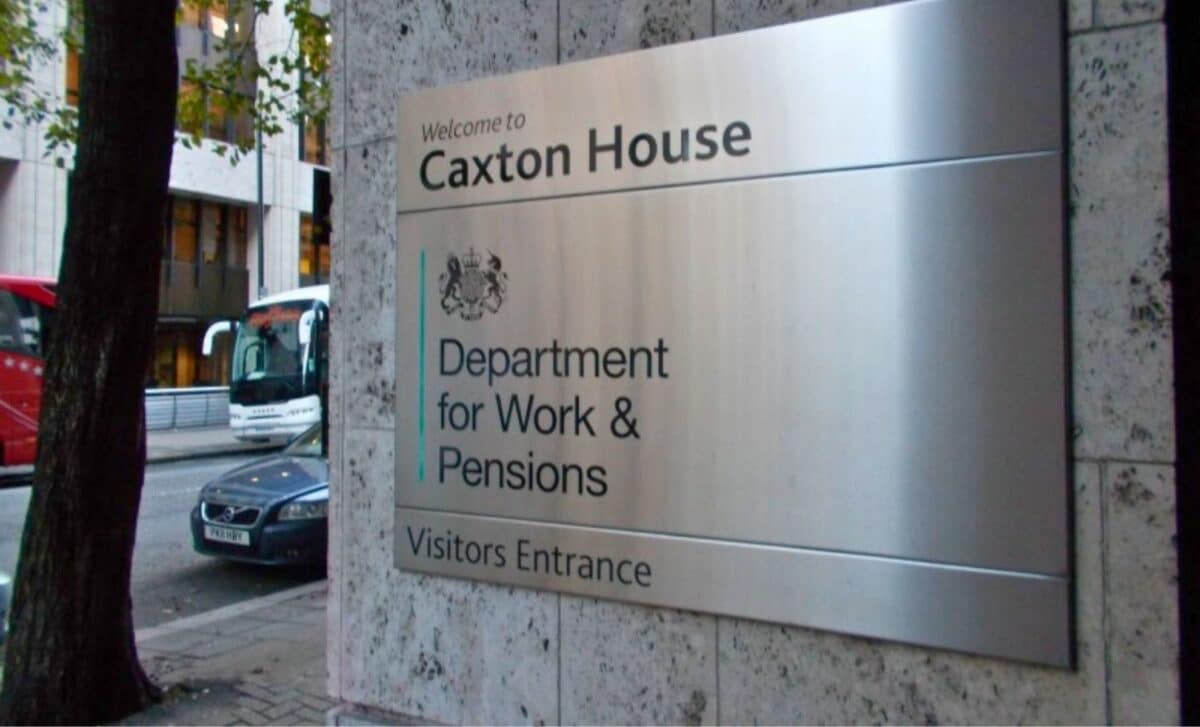Starting in April, millions of people in the UK with certain health conditions could get up to £5,740 a year from the Department for Work and Pensions (DWP).
Government Announces Increase in Attendance Allowance Rates for 2025
The government has announced a 1.7% increase in Attendance Allowance, which matches the inflation rate from September.
This benefit is available to people who are at State Pension age and have a serious physical or mental health issue that requires extra help. Attendance Allowance is paid weekly and comes in two amounts, depending on how much care the person needs because of their condition.
Currently, the weekly rates for Attendance Allowance are £72.65 for those who need regular help or supervision during the day or night, and £108.55 for those who need help all day and night, or if a doctor has said they are nearing the end of life.
From April 7, 2025, these rates will increase by 1.7%. The new rates will be £73.90 for the lower rate and £110.40 for the higher rate each week. If you’re eligible for the higher rate, you could receive up to £5,740.80 a year, while those on the lower rate could get £3,842.80 a year.
Attendance Allowance is not means-tested, so your income or savings won’t affect how much you get, according to the Express.
Eligibility for Attendance Allowance: 56 Health Conditions That May Qualify You for Support
To qualify for Attendance Allowance, you must be over State Pension age, have lived in England, Scotland, or Wales at some point in the last two years, and be a regular resident of the UK, Ireland, the Isle of Man, or the Channel Islands, including meeting the following conditions:
- Sensory disabilities like blindness
- A mental disability (such as learning difficulties)
- Health condition that is severe enough to require help with personal care or supervision for your own safety or the safety of others. You must have needed this help for at least six months.
The Department for Work and Pensions (DWP) lists 56 health conditions that may qualify for the benefit. If you have any of these conditions, you may be eligible to apply for Attendance Allowance:
- AIDS
- Alcohol and drug abuse
- Arthritis
- Back pain (unspecified diagnosis)
- Behavioural disorder
- Blindness
- Blood disorders
- Bowel and stomach diseases
- Cancer (malignant diseases)
- Chronic pain syndromes
- Cognitive disorder (unspecified diagnosis)
- Cystic fibrosis
- Dementia
- Deaf/blind
- Deafness
- Diabetes mellitus
- Disease of the muscles, bones, or joints
- Double amputee
- Epilepsy
- Frailty
- Heart disease
- Haemodialysis
- Haemophilia
- Hyperkinetic syndrome
- Inflammatory bowel disease
- Infectious diseases: Bacterial (e.g., tuberculosis, unspecified diagnosis)
- Infectious diseases: Protozoal (e.g., malaria, unspecified diagnosis)
- Infectious diseases: Viral (e.g., COVID-19, unspecified diagnosis)
- Learning difficulties
- Malignant disease
- Metabolic disease
- Motor neurone disease
- Multi-system disorders
- Multiple allergy syndrome
- Multiple sclerosis
- Neurological diseases
- Parkinson’s disease
- Personality disorder
- Peripheral vascular disease
- Psychoneurosis
- Psychosis
- Renal disorders
- Severe mental impairment
- Skin disease
- Spondylosis
- Terminally ill
- Trauma to limbs
- Traumatic paraplegia/tetraplegia
- Total parenteral nutrition
- Viral disease (unspecified diagnosis)
- Arthritis
- Spondylosis
- Back pain (unspecified diagnosis)
- Trauma to limbs
- Learning difficulties
- Parkinson’s disease
If any of these conditions apply to you, you may be entitled to claim Attendance Allowance.










I’ve been diagnosed with severe spinal stenosis 14 months ago lost my job through through this and getting no support ar all
I was refused 2023
I was refused in 2023 even though I have arthritis